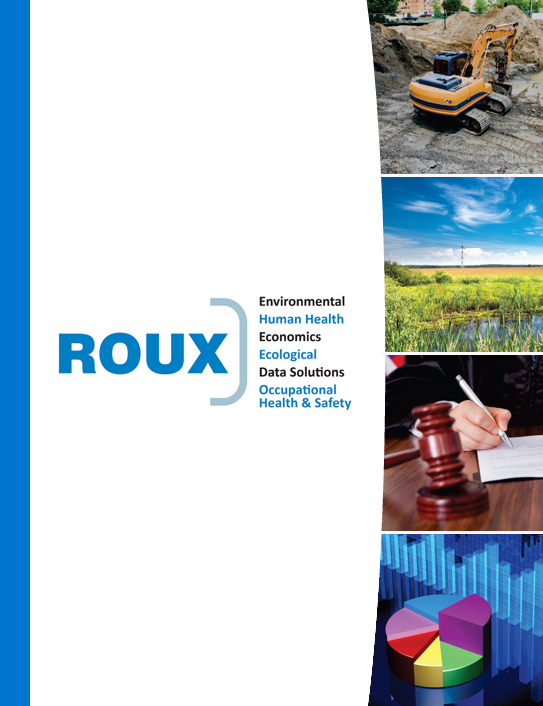Climate Risks & Resilience: How to Prepare for Reporting Requirements
Recently, the Biden administration proposed their Federal Supplier Climate Risks and Resilience Rule, which would require federal government contractors to disclose climate-related emissions and financial data, and to set science-based emissions reductions targets. This rule is part of the Biden administration’s larger Federal Sustainability Plan, which sets a target of net zero emissions for the U.S. federal government and federal contractors by 2050. The proposed rule aligns with similar recent government action, such as the Biden Administration’s executive actions to address climate change, and the March SEC proposed rule related to emissions and climate risk disclosure.
The proposed rule would apply to two categories of federal contractors: 1) “significant” contractors, defined as those who earned between $7.5 million and $50 million in federal contract obligations in the previous federal fiscal year, and 2) “major” contractors, who earned over $50 million in federal contract obligations in the previous federal fiscal year. Significant contractors would be required to report Scope 1 and 2 greenhouse gas emissions (emissions under the reporting company’s direct control). Major contractors would be required to disclose Scope 1, 2, and 3 emissions, or those occurring across their value chains, as well as climate-related financial risks.
The requirement to disclose Scope 3 emissions has implications for smaller public and private companies in a reporting company’s value chain; it is likely that these companies will be tasked with calculating their own Scope 1 and 2 emissions in order to provide information for the reporting company’s disclosure.
Roux’s Environmental, Social, & Governance (ESG) practice provides advisory services to corporate and institutional clients, aligning climate considerations into their corporate strategy as state and federal disclosure and regulatory requirements continue to evolve. These advisory services include:
• Environmental data collection and management
• Calculation of scoped emissions
• Climate risk management
• SEC corporate reporting
• Climate resiliency planning
• Creation and implementation of environmental management systems
There are several steps companies should take to prepare for these imminent disclosure requirements. It is critical to implement data collection processes on activities that may need to be disclosed, such as carbon emissions, energy and water use, and pollution liabilities. Roux’s data collection and management services help companies calculate greenhouse gas emissions, quantify environmental and climate risk, and best understand the shifting federal regulatory environment.
For more information about Roux’s ESG services, please fill out the form below:

